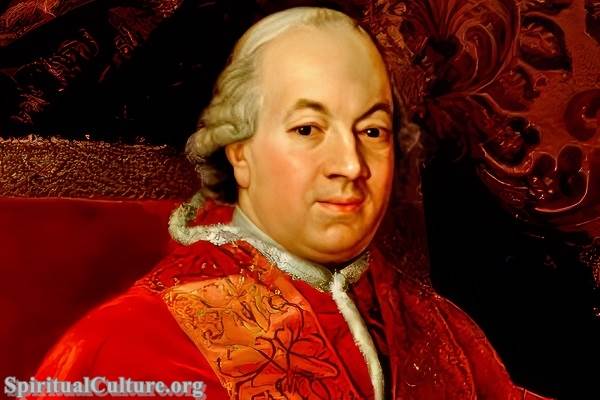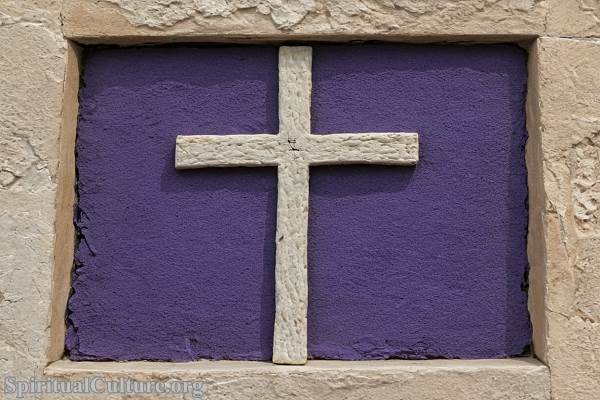His life, teachings, and enduring legacy continue to inspire millions of Catholics around the globe.
Born on January 9, 1902, in Barbastro, Spain, Saint Josemaría Escrivá had a humble beginning. His family, deeply rooted in the Catholic faith, nurtured his spiritual growth from an early age. He was ordained a priest in 1925, and amidst the political unrest and religious persecution in Spain, his dedication to his faith remained unwavering.
In 1928, St Josemaría Escrivá had a profound spiritual experience that led to the foundation of Opus Dei, which translates to “Work of God.” This Catholic institution encourages laypeople to seek holiness in their everyday lives and work. St Josemaría Escrivá’s vision was revolutionary for its time, as it emphasized the importance of ordinary life as a path to sanctity. He firmly believed that all individuals, regardless of their profession, could find God in their daily work and ordinary activities, an idea that resonated deeply with the Catholic community.
The teachings of Saint Josemaría Escrivá, grounded in Catholicism, were radical and refreshing. He asserted that everyone is called to be a saint and that holiness is attainable in everyday life. He taught that work, far from being a necessary evil, is a means to personal holiness and apostolate when performed in union with Jesus Christ. His teachings were a breath of fresh air in a world where religion was often seen as separate from daily life.
St Josemaría Escrivá’s influence extended beyond the confines of Spain. Despite the political turmoil and the outbreak of World War II, he traveled extensively to propagate the teachings of Opus Dei. He visited several countries in Europe and South America, spreading his message of finding God in daily life. His teachings resonated with many, and Opus Dei grew rapidly, establishing itself in numerous countries around the world.
Saint Josemaría Escrivá’s writings, particularly “The Way,” “Furrow,” and “The Forge,” are treasured spiritual classics in Catholic literature. These works encapsulate his teachings on the universal call to holiness and the sanctification of work, providing practical advice and spiritual insight for Catholics striving for holiness in their everyday lives.
Saint Josemaría Escrivá passed away on June 26, 1975, but his legacy lives on. His teachings continue to inspire and guide millions of Catholics worldwide. He was beatified by Pope John Paul II in 1992 and canonized as a saint of the Catholic Church on October 6, 2002. His feast day is celebrated on June 26, a day of joy and reflection for the members of Opus Dei and Catholics worldwide.
The life of Saint Josemaría Escrivá is a testament to the power of faith and the transformative potential of everyday life. His teachings have profoundly shaped Catholic thought and practice, emphasizing the dignity of work and the call to holiness in daily life. Today, as we navigate the complexities of modern life, the teachings of Saint Josemaría Escrivá serve as a beacon of light, guiding us to find God in the ordinary and the everyday.
In conclusion, Saint Josemaría Escrivá, a stalwart of Catholicism, has left an enduring legacy that continues to inspire the Catholic community. His teachings, emphasizing the sanctity of everyday life and work, have revolutionized the way Catholics perceive their faith, infusing everyday life with a sense of the divine. As we commemorate his life and legacy, let us strive to seek God in the ordinary, as St Josemaría Escrivá taught us, and aspire towards holiness in our daily lives.




